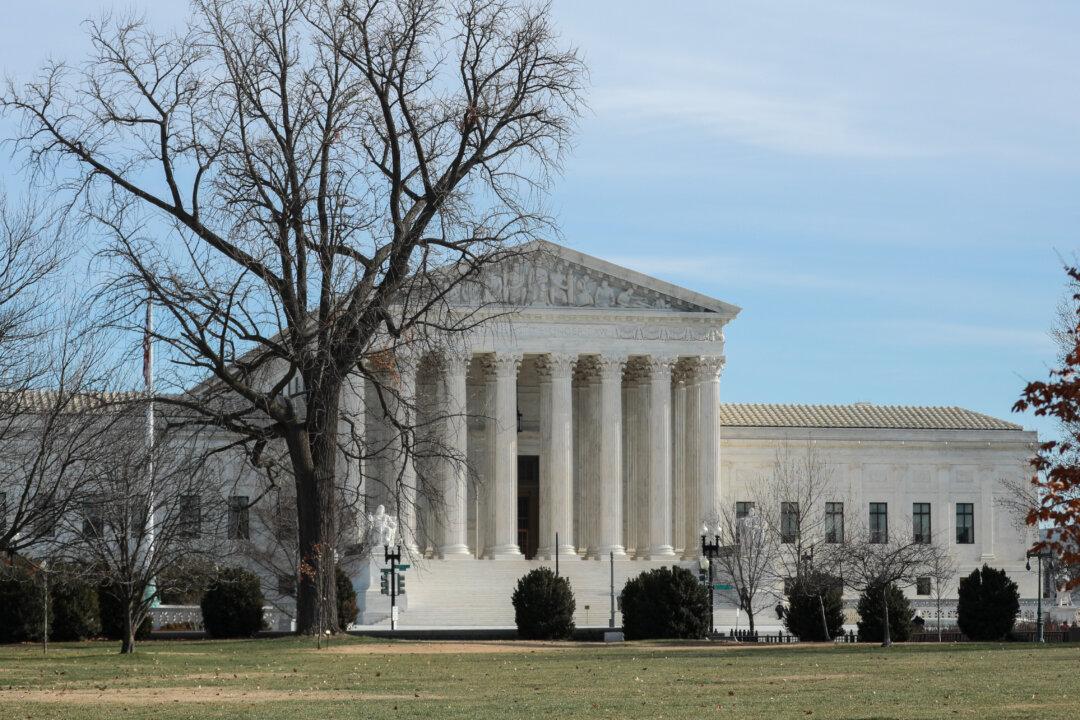Seattle taxpayers are asking the Supreme Court to review a public campaign financing system in local elections that they say compels them to provide funding for political candidates against their will by way of a “democracy voucher” program.
The justices are expected to consider the petition for certiorari on March 20, according to Ethan Blevins, a staff attorney at Pacific Legal Foundation (PLF), who represents Seattle property owners Mark Elster and Sarah Pynchon, in the case known as Elster v. Seattle. PLF is a public interest law firm based in Sacramento, California.





